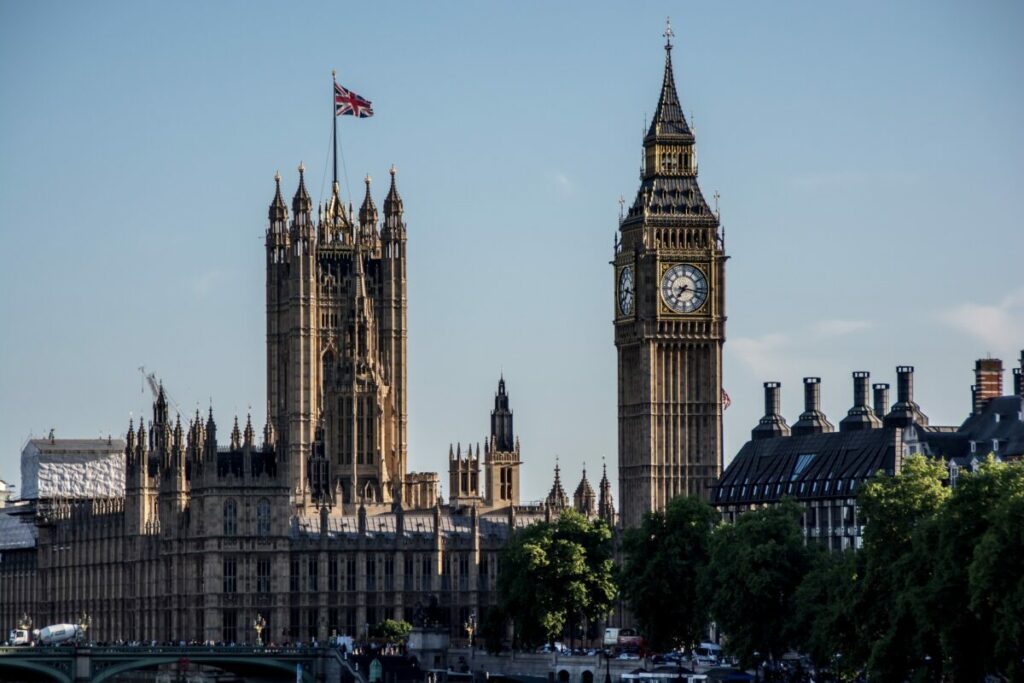The Public Accounts Committee (PAC) has warned that the UK’s net zero target is “in jeopardy” due to a lack of long-term planning by the government.
The Committee, which examines the value for money of government projects, programmes and service delivery, warned that the legally mandated pledge could be unattainable due to various factors including the delay in phasing out of fossil fuel vehicles and heating systems.
In a report released today (15 November), the PAC determined that the government “did not consider what levels of longer-term investment might be required up to 2050 to support net zero tech” and also warned that a “lack of clarity is present for businesses and a lack of support for consumers”.
In terms of investment, both UK and overseas capital will be required to support low-carbon and renewable technologies in becoming a more prominent feature in the country and ultimately support decarbonisation. Creating the right preferences for investment is therefore paramount – particularly when looking at other lucrative markets such as the US and EU.
This stance is supported by the PAC report which found that, to hit the 2050 net zero target, new low-carbon investment in the UK from both public and private sectors will have to increase by two to three times each year from last year’s estimated total of £23 billion. When looking into the 2030s, it is anticipated that most of this must come from the private sector.
🚨New report🚨
— Public Accounts Committee (@CommonsPAC) November 15, 2023
📗Today we publish our report, 'Support for innovation to deliver net zero'.
📢The net zero target is in jeopardy through a lack of long-term planning from Government.
👇Read the report below👇https://t.co/qxR5eoxy4g
Flaws in accessing UK government funding detrimental to net zero
It is worth noting that the UK government has been supporting research and innovation in the low-carbon sector. For instance, £4.2 billion of funding has been specifically allocated to support this up to 2025. But the PAC has argued that it is difficult for businesses to know what funding is available and from where.
Another interpretation of this is that the government has become too reliant on businesses on the supply side delivering successful innovation to reach net zero. On the demand side, the PAC stated that developing new technology may be taking priority over focusing on the practical challenges consumers might face in taking them up.
Because of this, the Committee has called on the government to specifically assess these challenges.
Dame Meg Hillier MP, chair of the Committee, said: “Our Committee has warned time and again of the damage that can be done to delivering policy by the lack of long-term planning and funding from government. There is no more critical area where this is true than on net zero.
“If the government continues to leave businesses to peer through a haze of uncertainty, then that investment will not be forthcoming. Businesses and consumers need certainty.
“On supporting innovation for net zero, the government needs to agree with itself on what success looks like, what failure looks like, and report transparently on progress. Such basic building blocks being absent four years after a pledge critical to our very way of life was made is disappointing. The government must call an end to this faltering approach, or risk spelling out to industry, the public and the world that the UK is simply not serious about tackling climate change.”
Jess Ralston, the head of energy at the Energy and Climate Intelligence Unit (ECIU) believes that the new report highlights some of the fundamental failures in recent months, including the delay in various decarbonisation targets and the failure by the government to secure more offshore wind farms in the latest Contracts for Difference (CfD) allocation round.
“The government recently failed to secure more offshore wind farms at a time when British renewables would help boost our energy independence.
“By rowing back on net zero policies like the switch to electric cars and insulation rules for privately rented homes, whilst at the same time attempting to expand drilling in the North Sea, the government is sowing seeds of confusion. That’s not good for investment, as evidenced by the UK slipping down the rankings for green investment with Australia and France leaping ahead of us.
“This government says it wants to grow the economy and boost investment. A strong response to the US’s Inflation Reduction Act and a clear industrial strategy in the Autumn Statement next week is a perfect chance for them to prove it. Companies are already making decisions to relocate to the States taking jobs and economic growth with them.”





